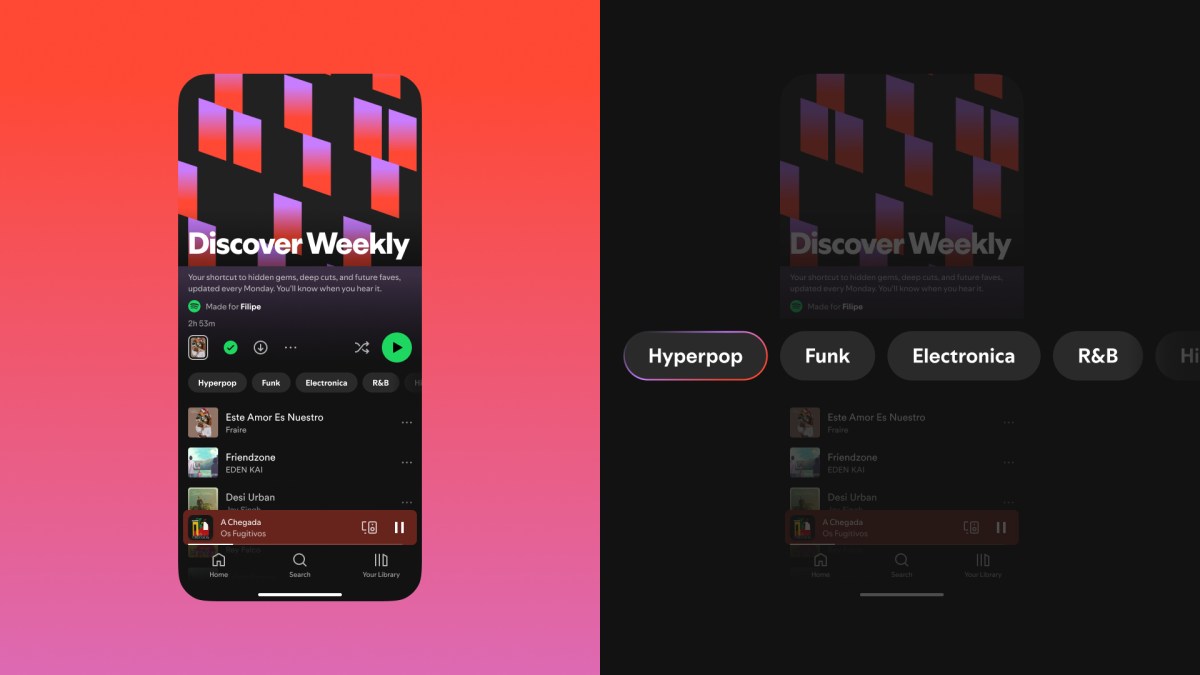
Bank of America CEO Brian Moynihan has steered one of the world’s largest financial institutions through two economic crises, a global pandemic, and more than a decade of market and political volatility. In that time, he’s learned that what he values most in a leader is the steady, often underrated ability to give energy when it matters most.
“One thing that you look for in people and you try to be is an energy giver, not an energy taker,” Moynihan tells Fortune. “When you’re in a situation of pressure, how do you give people energy? Well, being calm and showing them a way to do something as a team and as a group enables you to make progress.”
For Moynihan, calmness is a strategy, not just a temperament. In high-stakes moments, people want clarity and level-headedness. “Now, you may have every nervous energy behind you. [You] may wonder in the middle of the night what the heck is going on. But if you show that, and you let it eat at you, you can’t give energy.”
That steadiness, he adds, separates those who can lead at scale from those who can’t, and he hires for this trait within his executive ranks. “You see how they behave when the blank hits the fan, and if they behave a certain way, they can keep going. If they behave in a different way, you know that they’re going to have a harder and harder time leading.”
His benchmark for effective leadership? Discipline, execution, and forward motion. “It’s problem-solving… It’s ‘Let’s keep figuring out what to do next. Let’s not whine or be constrained or think about what went wrong, and woe is me, or it’s not fair.’”
Moynihan’s own leadership ethos wasn’t solely inherited from the C-suite. A former lawyer, he says his approach was shaped by his experience in team sports, his legal training, and working with individuals who began their careers on the front lines of banking. He recalls a colleague, who rose from bank teller to executive, offering a lesson that stuck by challenging a proposed idea leaders wanted to implement. She asked, “What would it feel like to actually have to do this?” It was a reminder, Moynihan says, that every decision must consider the doer, not just the decision itself.
While Moynihan is skeptical that leadership can be taught, he does believe it can be developed and refined. “Inherently, you have to have a nature that you’re willing to step in and lead in good times and bad times,” he says. “Some people wear that responsibility like a comfortable sweater, and some people could never get into it.”
Asked whether it feels like a comfortable sweater for him, Moynihan gives a half-smile. “That’d be your judgment or other people’s,” he says before relenting: “It’s a comfortable sweater for me.”
Ruth Umoh
[email protected]
Today’s newsletter was curated by Lily Mae Lazarus.
Smarter in seconds
Different strokes. How Jensen Huang’s success discredits ‘stick to your knitting’ leadership advice
Heavy lies the crown. Stable careers are a myth and no one wants to be a leader
Signed, sealed, delivered. Snap exec on the ‘impersonal email’ mistake that transformed his leadership journey
Level playing field. AI will flatten the difference between entry level staff and the C-suite
Leadership lesson
Bank of America CEO Brian Moynihan on staying sharp in the top role, “You have to have that constant curiosity to push yourself ahead. The minute you lose that you’ve got to get out.”
News to know
Zohran Mamdani, a democratic socialist running for NYC mayor, said billionaires shouldn’t exist given today’s inequality, but he’s open to working with them to build a fairer city. Fortune
Victoria’s Secret’s CEO is winning praise for reviving the brand, but she’s also battling activist investors, a slumping stock price, and questions about her leadership as the company navigates a turnaround. Fortune
President Donald Trump’s push to cut government consulting costs is accelerating, with federal agencies now requiring firms like McKinsey and BCG to justify their fees and propose lower-cost alternatives. WSJ
Trump said he doesn’t expect to delay his July 9 trade deadline but left room to shift course. Bloomberg
The Senate will begin voting on Trump’s signature domestic policy bill Monday morning, but it’s unclear whether it can pass before his self-imposed July 4 deadline. Barron’s
Fueled by the post-ChatGPT momentum, Silicon Valley is pouring hundreds of billions into AI, driving soaring data center costs, salaries, and venture capital. NYT















